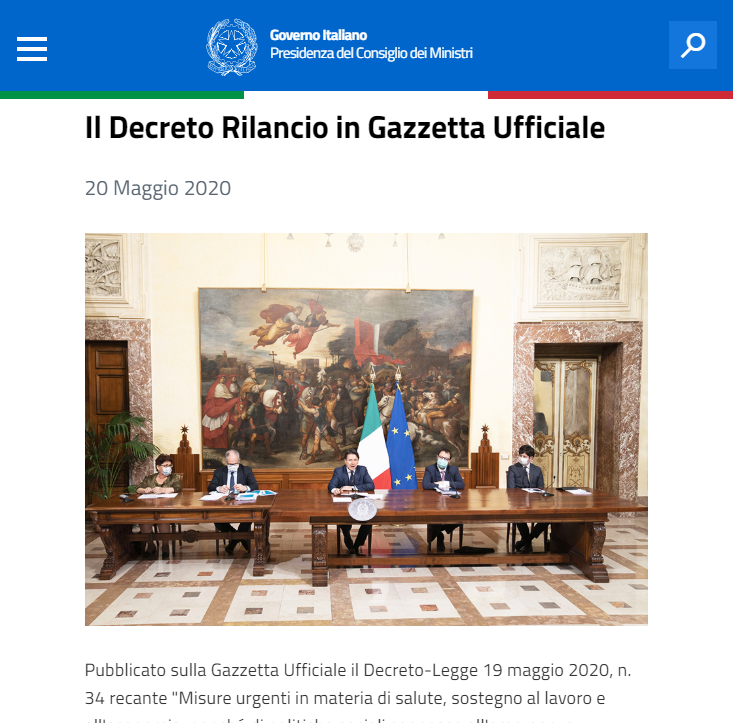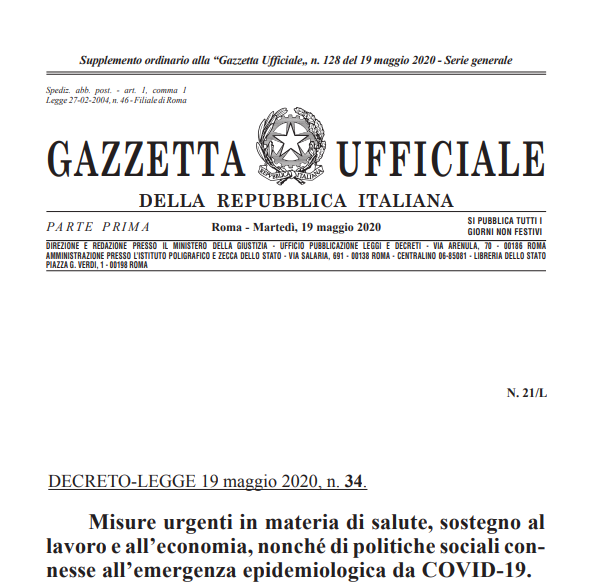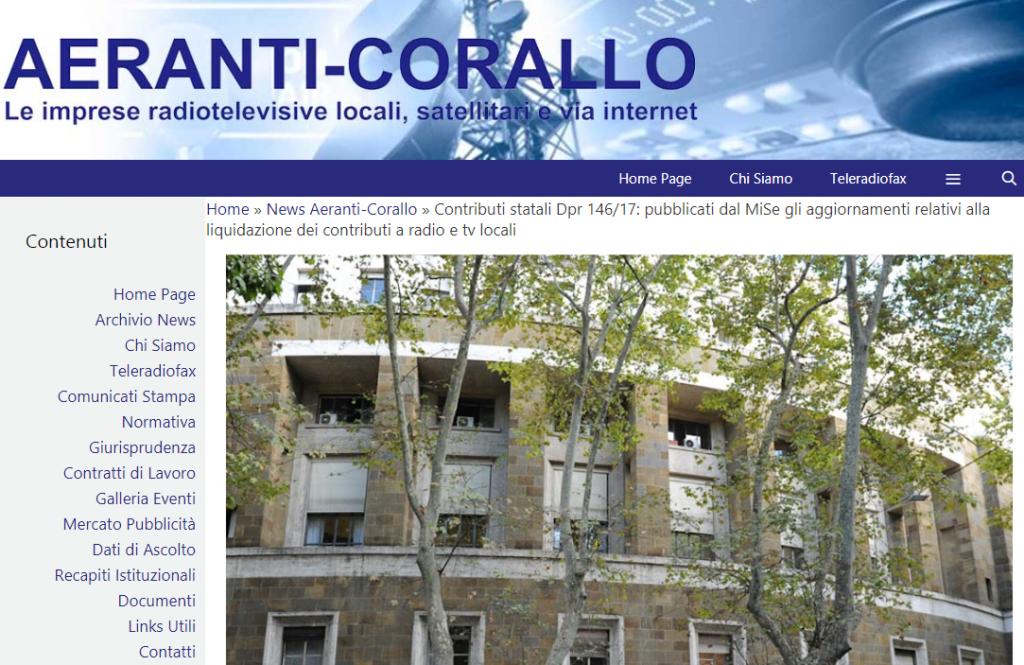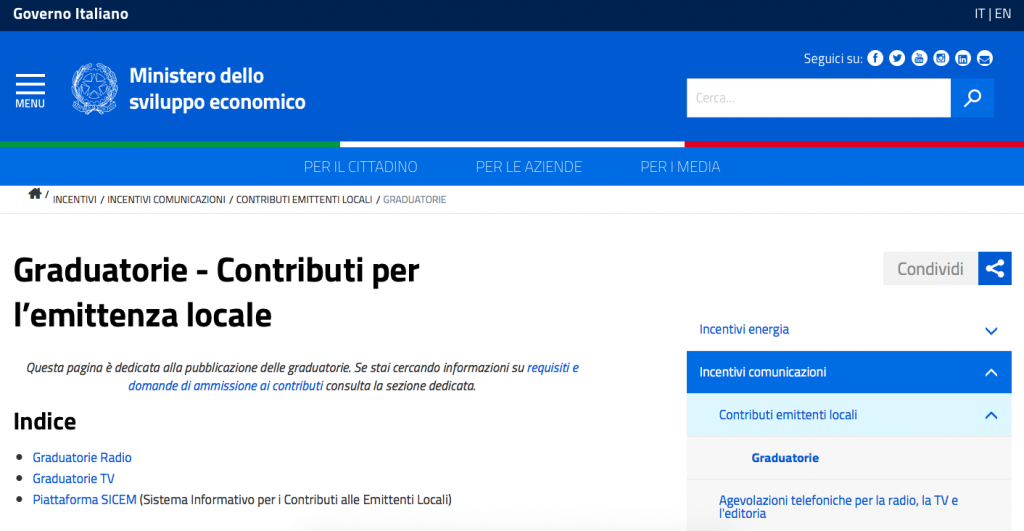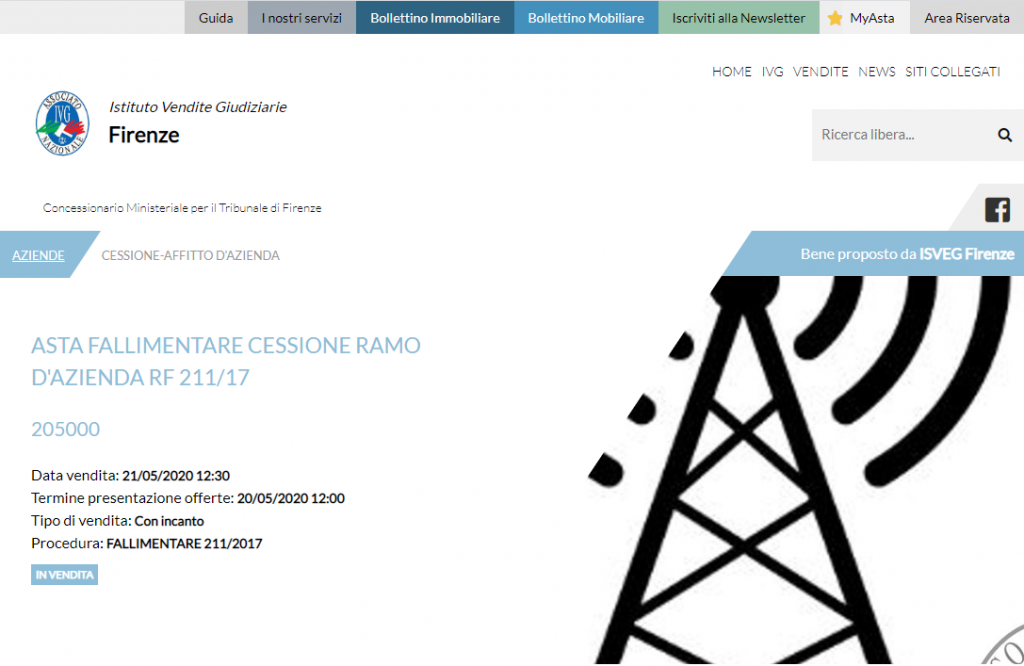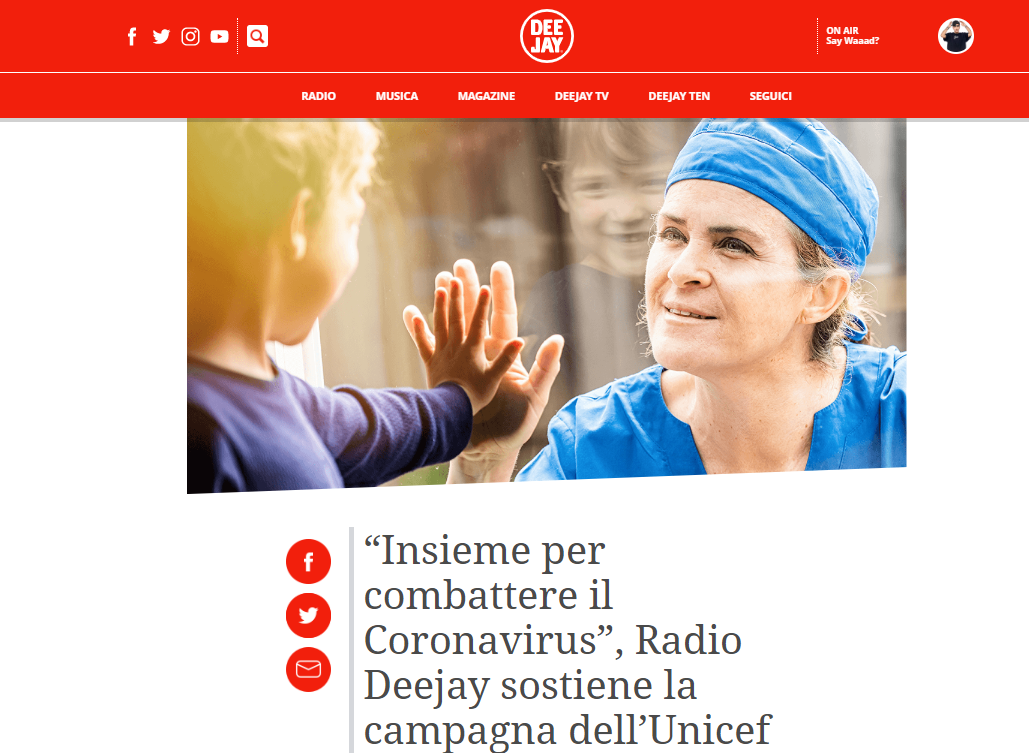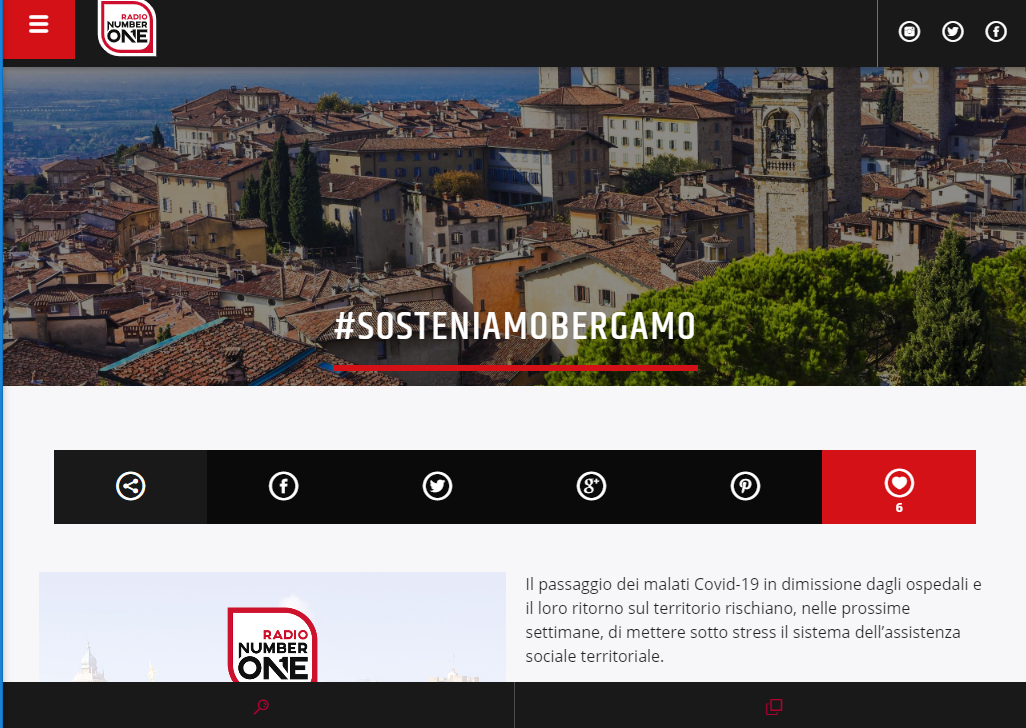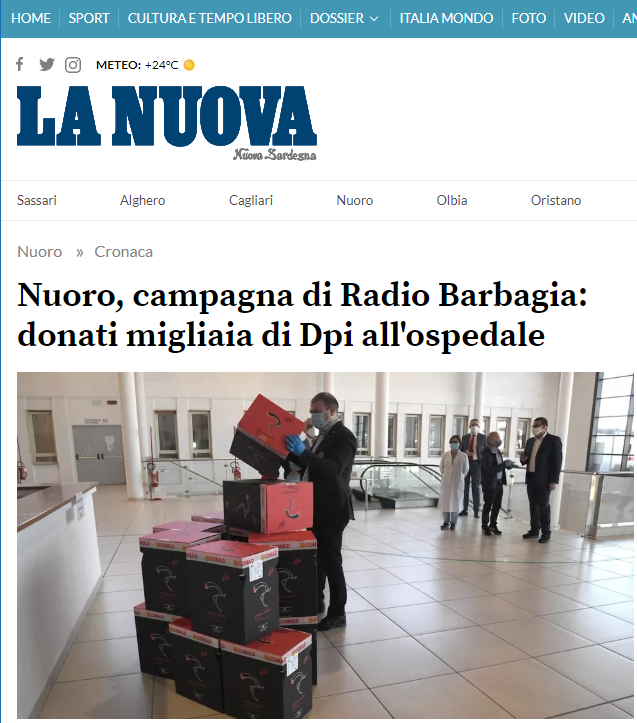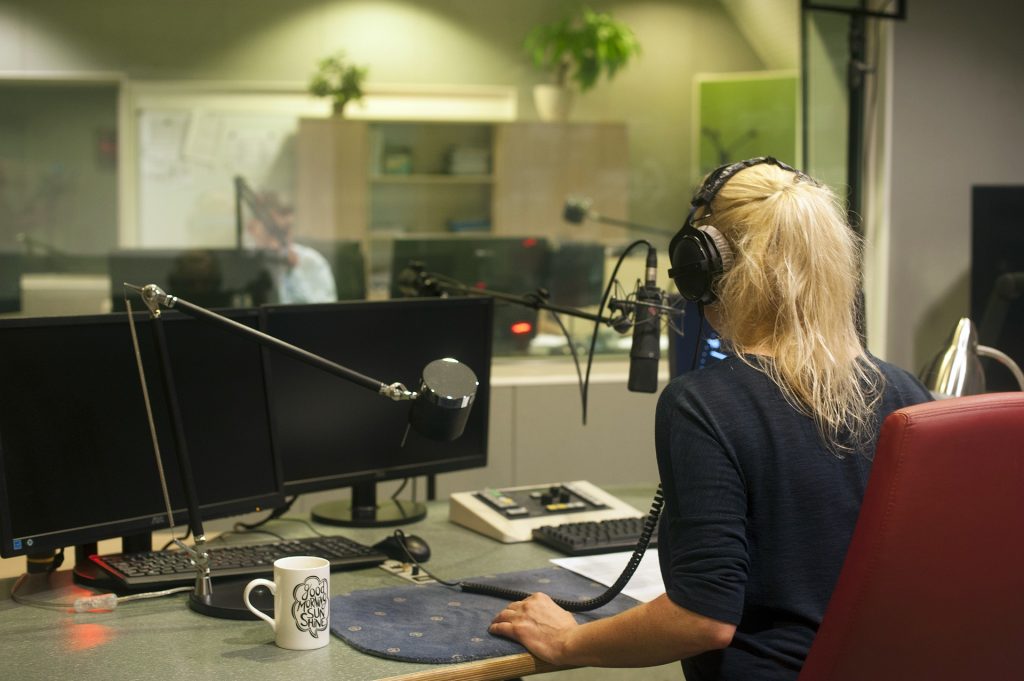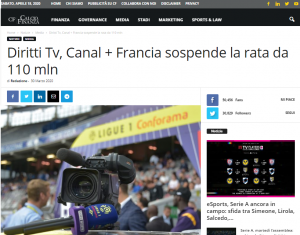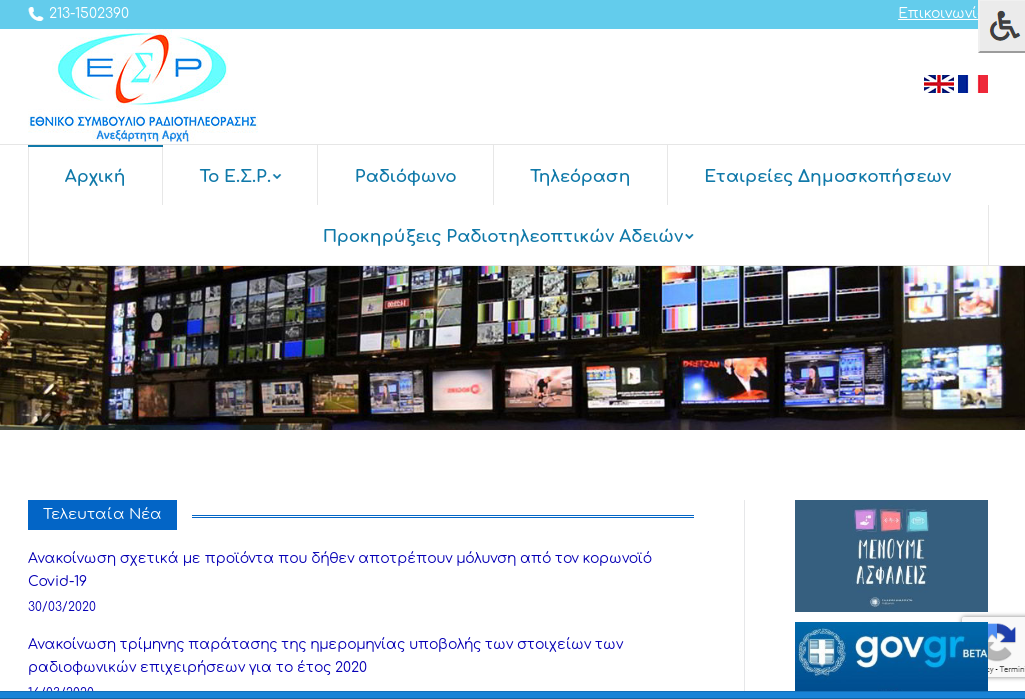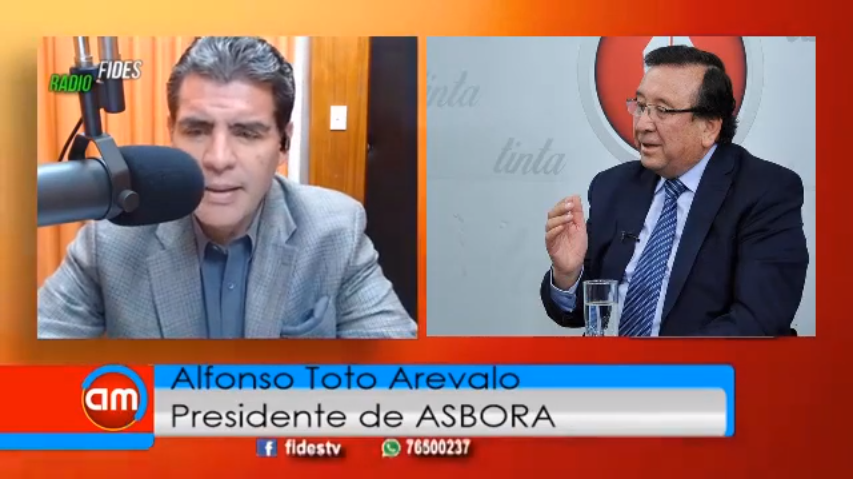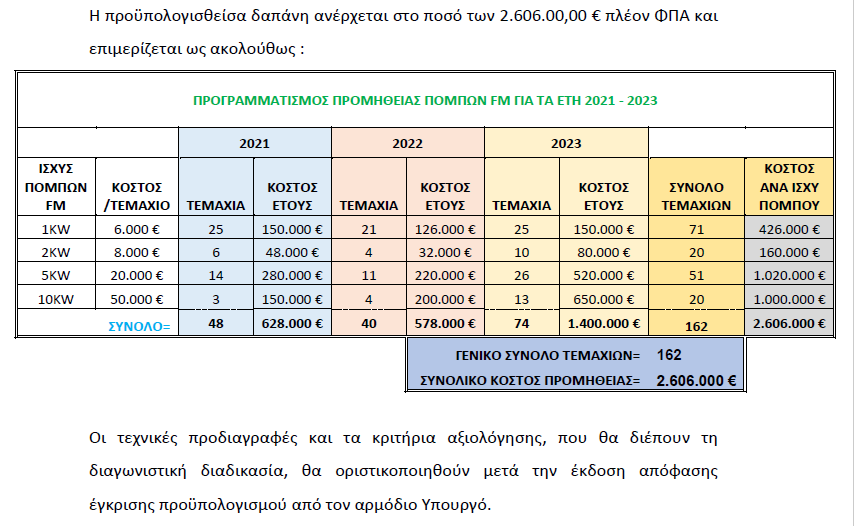Everything will fade into past memories, but it is worth seeing some of the photographs taken in these last few months again. They include announcers and journalists broadcasting live from home, and courses for listeners on how to make their own radio programmes. It is also worth mentioning the vade mecums that have appeared in online magazines and on the websites of various associations. Their advice goes from how to choose equipment and software for a home studio to the procedures needed to protect radio station studios from contagion. There are even broadcasters that have put their studio disinfection procedures on show or have used their facemasks for self-promotion.
Radio stations broadcasting live from home
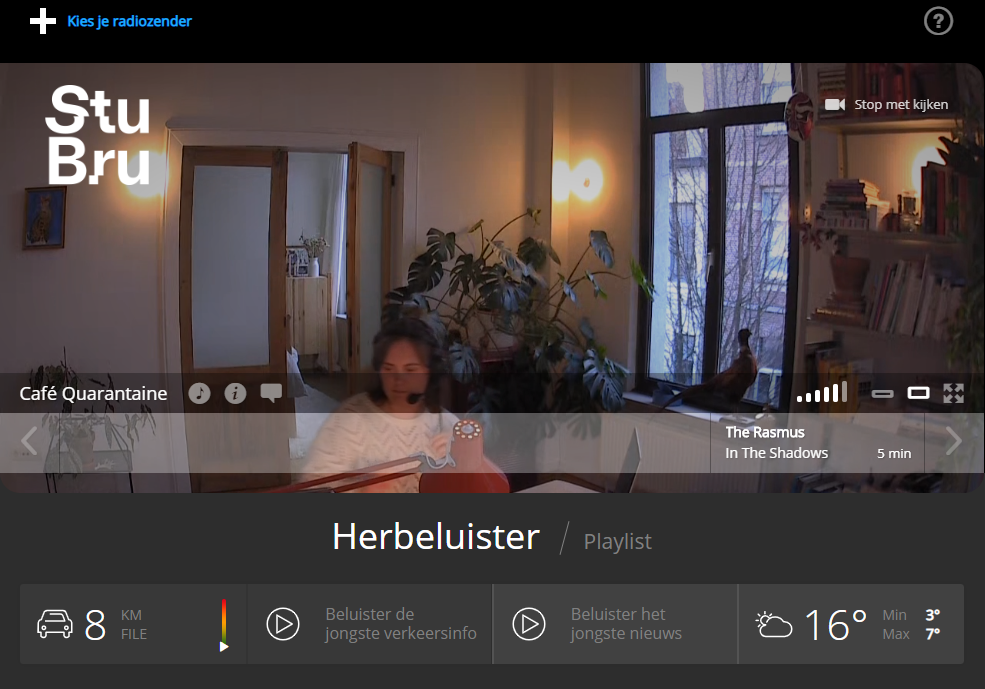
Source
Belgium: While a lot of broadcasters, in spite of homely backgrounds, are narrowing the field of view with close-ups to give a professional touch, with the photographs of VRT Studio Brussel, a Flemish speaking public radio station, your eye tends to be drawn to the furnishings which reflect the personality of the announcer and goes from the large philodendron in the foreground to the bookcase on the right, and the door opening onto another room, making you wonder where it goes to.
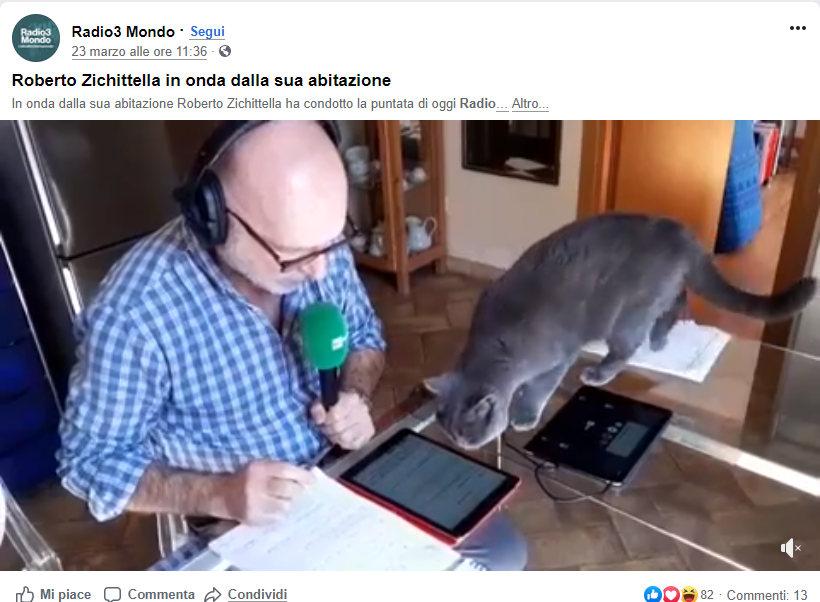
Source
Italy: When Roberto Zicchitella was conducting Radio3 Mondo live from his flat, his curious cat leapt onto his desk to sniff his tablet. The international news programme is on air on the public radio station, Rai Radio 3.
Spain: The SER network teaching listeners how to make a radio programme
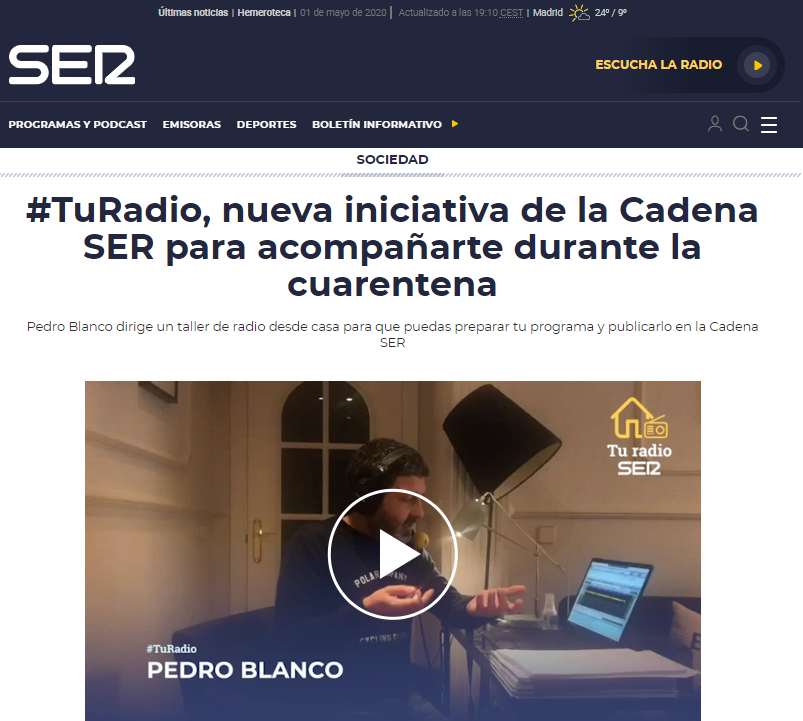
Source
The journalist, Pedro Blanco of Cadena Ser (a network of 202 radio stations we have spoken about in a previous article) on air with a radio workshop teaching listeners how to make their own programmes to then send to the radio station.
Canada: How to go on air from a distance
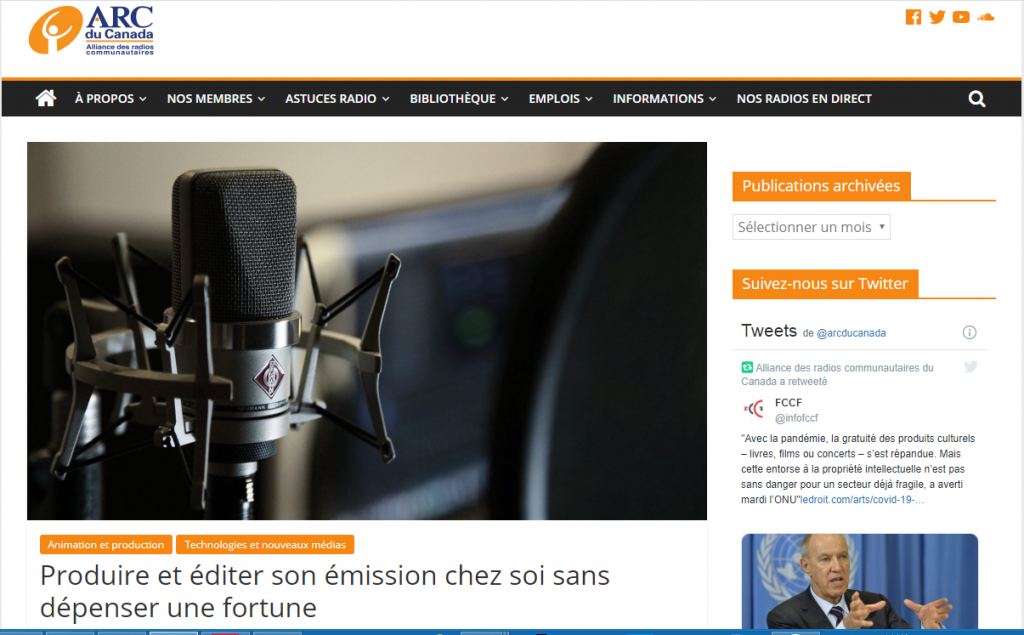
Source
ARC, a Canadian alliance of community radio stations, explains how to equip yourself to produce your own show from home without excessive costs. They suggest a selection of hardware and software, some free of charge.
An antivirus guide for radio stations

Source
This guide in the American magazine ‘Inside Radio’ lists 12 things to do in order to prevent contagion in radio stations.
And in Italy?
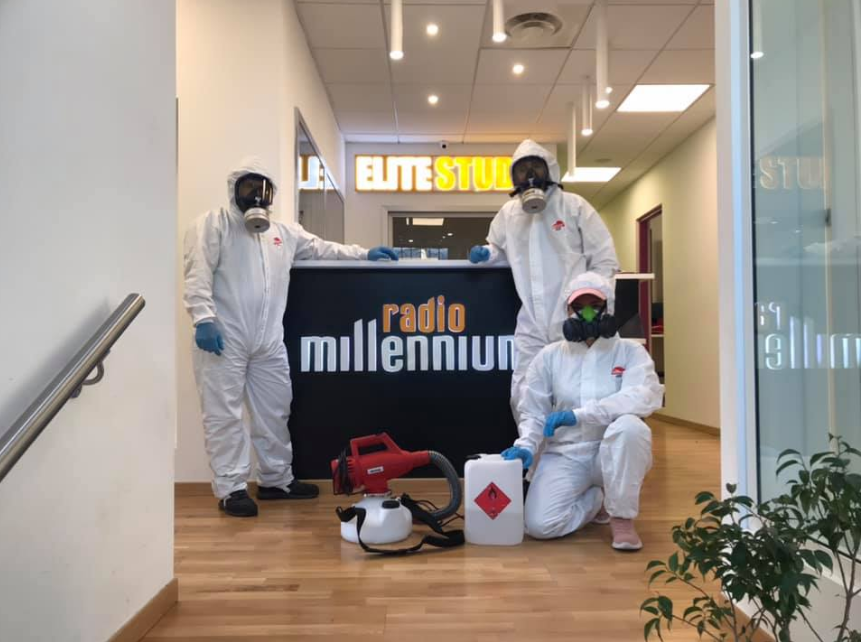
Source
After disinfecting the Milan studios of Radio Millennium, the ‘ghostbusters’ pose for a photograph.

Source
Radio Rock ‘designer’ masks:
Back in the golden years of free radio, listeners used to stick adhesives of their favourite radio stations onto their cars. Today the Roman station, Radio Rock, has made face masks with their own logos on them. Will this become a fashion with other stations?

